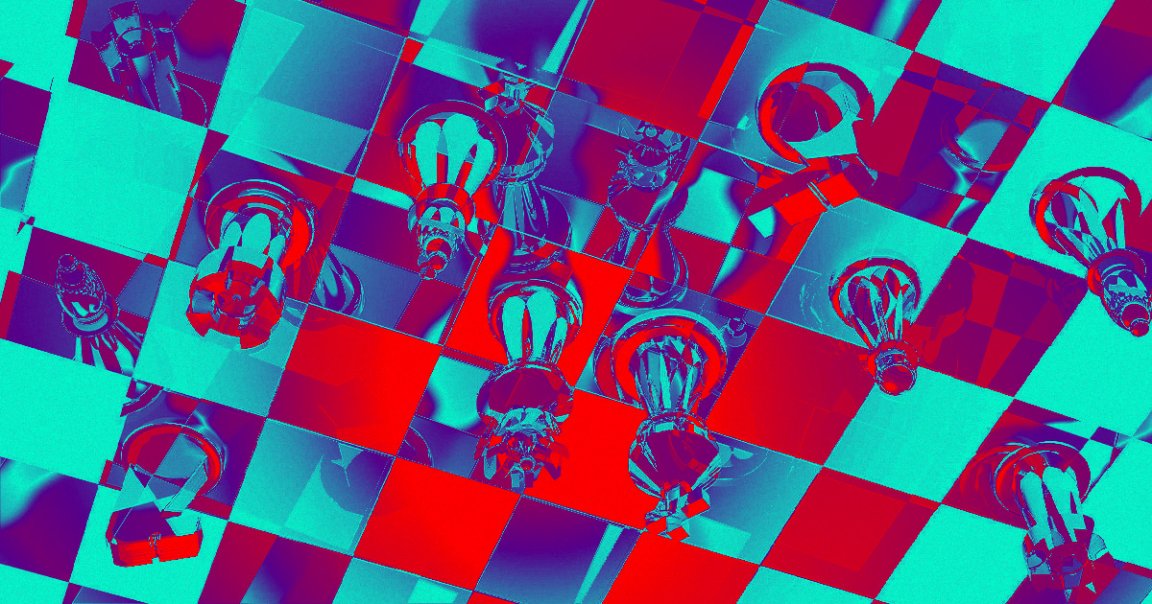
Twenty-three years ago — long before “machine learning” was a term regularly belched up by luddites hiding behind dumb mid-level marketing buzzwords and printed-out Recode posts — IBM’s Deep Blue AI beat reigning global Chess grandmaster Garry Kasparov, sending shockwaves through the worlds of chess, computing, and conspiratorial technophobes, as fear of sentient computing had permeated another layer of pop culture.
Now, in a new interview with Wired, Kasparov has done what most of us should do with most of the shitty things in our lives, which is: Come to terms with it (and then figure out how to perm it into your own personal narrative in the most marketable way possible).
Wired interviewed Kasparov on the occasion of a debate hosted by the Association for the Advancement of Artificial Intelligence (a.k.a. the first ones to sell humanity out, who, as we all know, won’t be spared for their betrayal, anyway). At the top of the interview, he told Wired:
“I’ve made my peace with it. At the end of the day, the match was not a curse but a blessing, because I was a part of something very important. Twenty-two years ago, I would have thought differently. But things happen. We all make mistakes. We lose. What’s important is how we deal with our mistakes, with negative experience.”
Sounds like a guy who made a mistake getting his ass beat by a computer. That said, how Kasparov is dealing with it actually has some value to the rest of us: Making a compelling case that he was the first guy to be truly outwitted in his job by a computer, he’s now become a thinker asking questions of the effects of A.I. that go beyond the practical or the technical, but more towards the philosophical nature of machinery.
A mind like Kasparov’s — one who understands the dynamic nature of grand, sweeping, coordinated, changeable movements, gambits, and calculable variabilities as means towards ends — is the kind of thinking the field could probably use more of. For example, one aside Kasparov gave, when Wired asked him how close he believes we are to human-level AI:
We don’t know exactly what intelligence is. Even the best computer experts, the people on the cutting edge of computer science, they still have doubts about exactly what we’re doing.
He’s utterly correct, both about the unknown nature of what we’re doing and the very nature of intelligence itself, human or otherwise. The entire thing is worth reading, if only to see a guy finally come to terms two decades later with getting his ass beat at chess by a computer.
READ MORE: Defeated Chess Champ Garry Kasparov Has Made Peace With AI [Wired]
More on chess: Yasssss Queen: Chess Is Finally Becoming the Next Big eSport